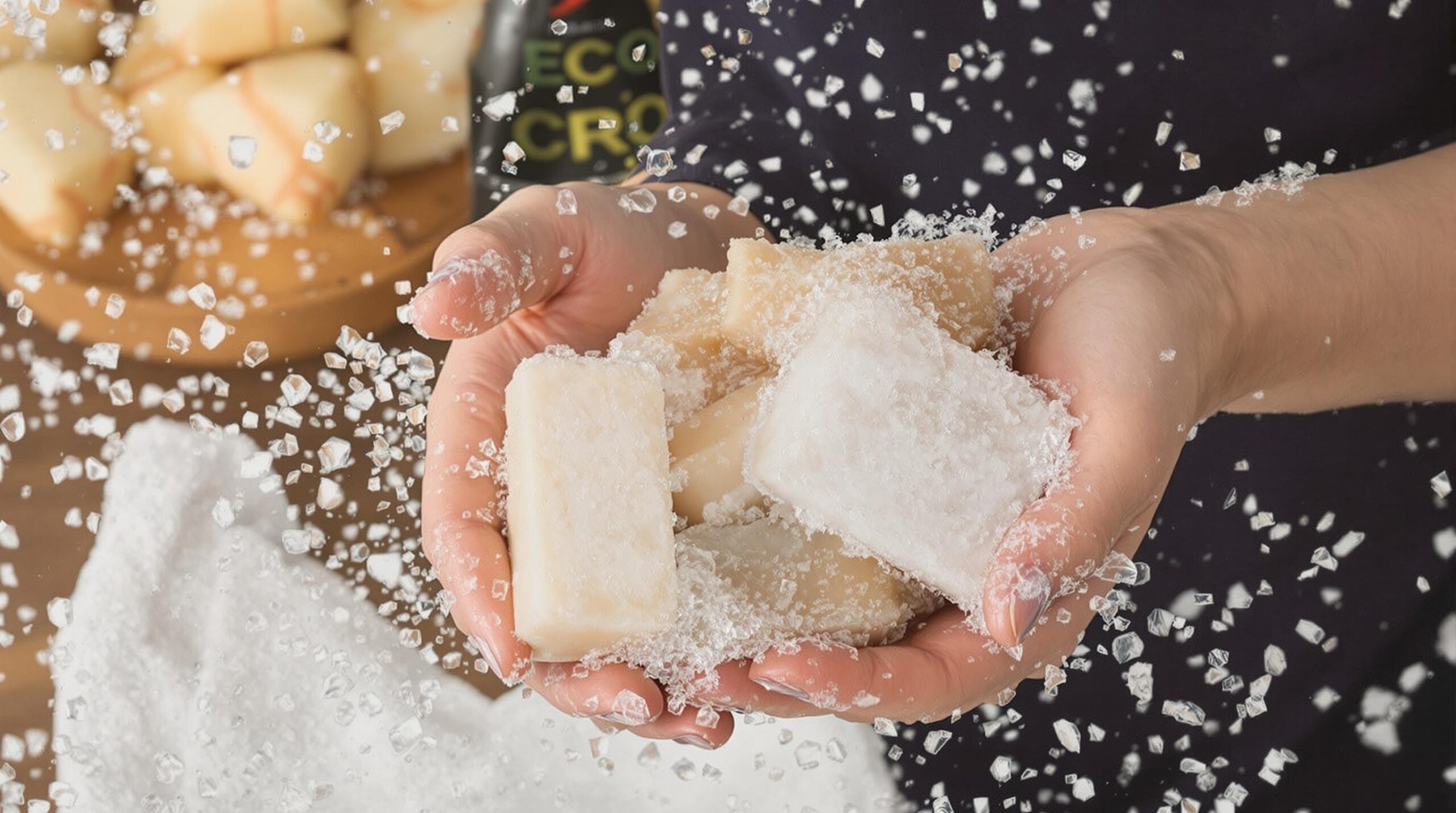In recent years, the focus on sustainability and environmental consciousness has never been more urgent. With climate change, pollution, and biodiversity loss taking center stage, people worldwide seek effective and practical solutions to mitigate their impacts. One such sustainable innovation that is quietly making waves is eco-soap. This eco-friendly alternative to conventional soap holds the potential to revolutionize personal hygiene while cleansing a significant environmental burden from our oceans.
The Environmental Impact of Conventional Soaps
Conventional soaps and detergents, as innocuous as they might seem, contribute significantly to environmental pollution. These products often contain harmful chemicals such as phosphates, triclosan, and parabens. Phosphates, commonly used in detergency for enhanced cleaning power, cause eutrophication in aquatic ecosystems, leading to devastating algal blooms that deplete oxygen and kill marine life. Meanwhile, when washed down drains, triclosan and parabens can accumulate in water bodies, poisoning aquatic flora and fauna and disrupting their endocrine systems.
Moreover, the production and packaging of conventional soaps often involve non-renewable resources, excessive energy consumption, and single-use plastics, all of which exacerbate environmental degradation. As these issues compounded, the need for a greener alternative became increasingly apparent, paving the way for the rise of eco-soap.
What is Eco-Soap?
Eco-soap is a sustainably produced soap that aims to minimize environmental harm throughout its lifecycle, from production to disposal. These soaps are typically crafted using natural, biodegradable ingredients such as plant-based and essential oils. Manufacturers prioritize sourcing ingredients from organic and fair-trade suppliers, ensuring ethical production practices and supporting sustainable agriculture. Additionally, eco-soap is free from harmful chemicals and synthetic fragrances, reducing toxicity in waterways and minimizing the risk of skin irritations for users.
Critically, eco-soap packaging often eliminates plastic waste. Many companies opt for recyclable, compostable, or minimal packaging, aiming to shrink their ecological footprint further. In essence, eco-soap represents a holistic approach to personal care by fostering environmental responsibility without compromising efficacy.
A Rising Trend with Promising Impact
The popularity of eco-soap is part of a broader movement towards sustainable living. Consumers increasingly prioritize ethical products that align with their values, leading many companies to modify their processes and product lines. As eco-soap gains traction, its positive environmental impact becomes more evident.
Ocean sustainability significantly benefits from the widespread adoption of eco-soap. By choosing eco-friendly options, consumers help reduce the introduction of harmful substances into marine environments. This reduction is crucial as aquatic ecosystems are susceptible to chemical imbalances. Healthier oceans contribute to global biodiversity, benefiting marine and terrestrial life forms.
Additionally, the growth of the eco-soap industry encourages innovation in sustainable practices. Companies driven by eco-conscious missions invest in research and development to discover new methods of reducing environmental footprints. This innovation boosts competition in the market, driving further advancements that can be applied beyond just the personal care sector.
Overcoming Barriers to Adoption
Despite its advantages, the transition to eco-soap faces challenges. One of the most significant barriers is consumer perception regarding efficacy. Many users remain skeptical of eco-soap’s ability to clean as effectively as conventional products. Educating consumers about the capabilities of these soaps is essential to overcoming this hurdle. Eco-soap manufacturers are increasingly transparent about their ingredient lists and effectiveness to reassure potential customers.
Another challenge is the often higher price point associated with eco-soap. Sustainable sourcing and environmentally-friendly packaging can lead to increased production costs. However, as demand for eco-soap rises, economies of scale are expected to reduce these expenses, making eco-friendly options more accessible. Supporting local and small businesses can also help keep costs down while having the added benefit of reducing the carbon footprint associated with long-distance shipping.
The Role of Social Media and Influencers
The digital age offers a powerful platform for promoting eco-soap. Social media and digital influencers play a critical role in spreading awareness about the benefits of eco-soap and advocating for its adoption. By showcasing the products’ attributes, many influencers encourage their followers to make mindful choices that prioritize sustainability.
Additionally, social media platforms facilitate discussions and communities centered around eco-friendly lifestyles. These forums provide consumers with a space to share experiences, tips, and product recommendations, further normalizing eco-soap use.
Future Prospects: A Cleaner Tomorrow
As the global push for sustainability intensifies, the role of eco-soap in achieving a cleaner world continues to grow. Its widespread adoption has the potential to transform personal care routines worldwide while significantly reducing the environmental impact of everyday hygiene practices. The trend towards eco-consciousness is not merely a passing phase but an integral part of the solution to our ecological crises.
Eco-soap formulae and packaging innovations will likely advance further as research and consumer demand evolve. As milestones in sustainable manufacturing are achieved, eco-soap will likely extend its reach beyond niche markets. With continued support and awareness, eco-soap will play a crucial role in the movement towards sustainable living.
Conclusion: A Call to Action
In conclusion, the rise of eco-soap signifies a step forward in consumer responsibility and environmental stewardship. By embracing eco-soap, individuals contribute to preserving ocean health and promoting sustainability on a global scale. The collective action of shifting to eco-friendly products creates ripples of change that can lead to a healthier planet and a more conscious society.
Now is the time for consumers, manufacturers, and policymakers to prioritize sustainable solutions like eco-soap collectively. Each eco-friendly choice is part of a broader transformation beyond individual actions. By making small, conscious decisions, we can all contribute to restoring our oceans and fostering a cleaner, greener world. Eco-soap is an emblem of hope—a reflection of how consumer choices today can pave the way for a thriving, sustainable tomorrow.


